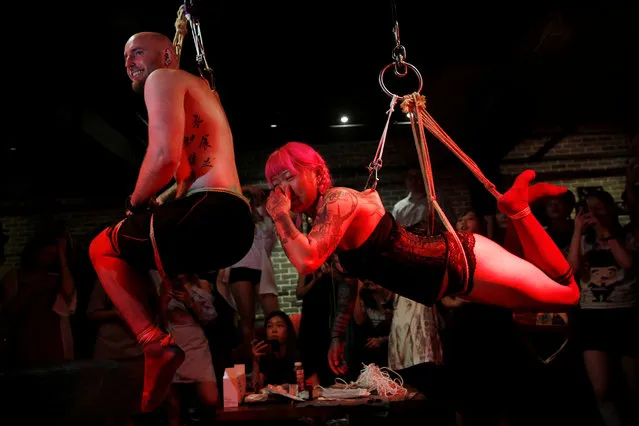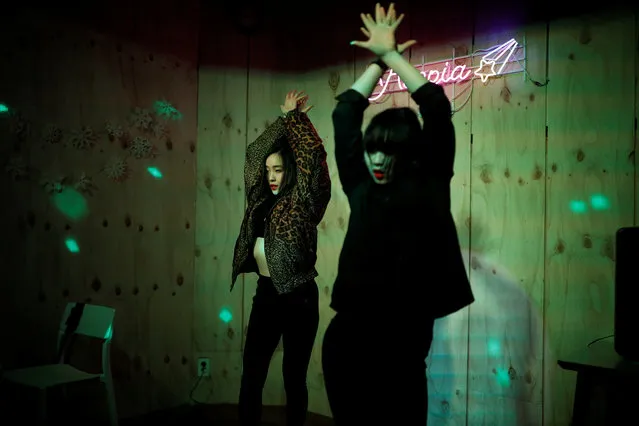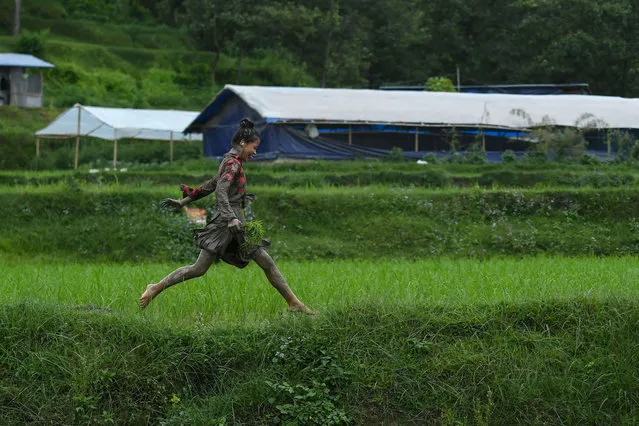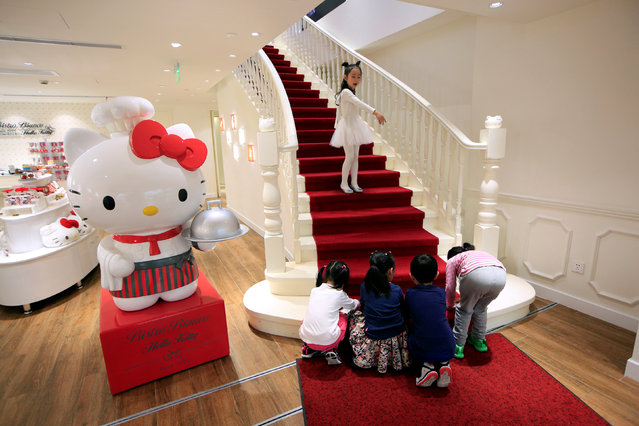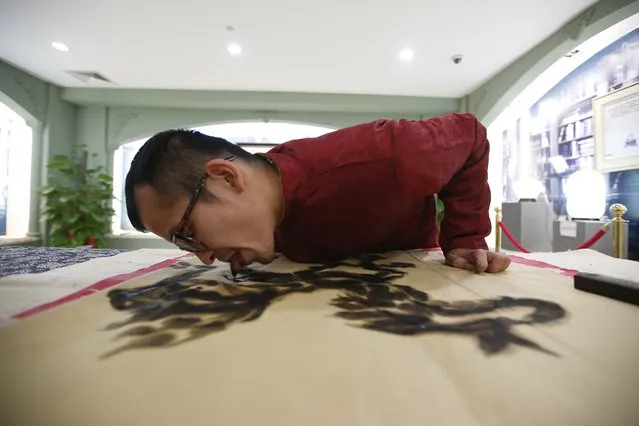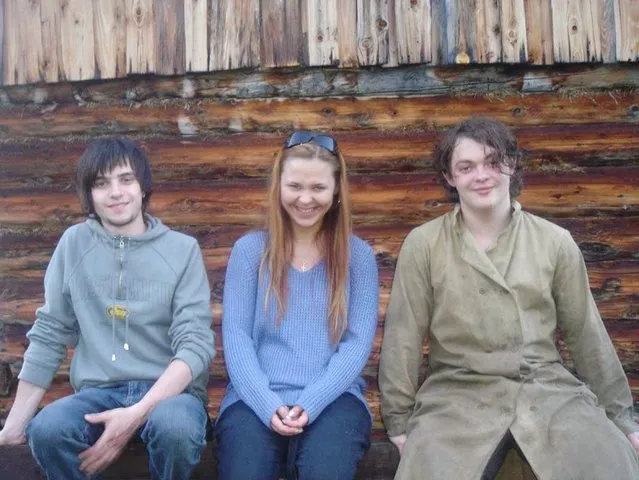
“Ой, да не вечер” – the Russian national song. It is also known under the name “Stepan Razin's Dream”. It is sung on behalf of Cossack Stepan Razin ((1630–1671) was a Cossack leader who led a major uprising against the nobility and Tsar's bureaucracy in South Russia) who tells the bad dream foretelling trouble. Sings: Pelagea Sergeevna Efimova (born 14.06.1986 in Novosibirsk, Russia).
19 Dec 2012 15:27:00,post received
0 comments

